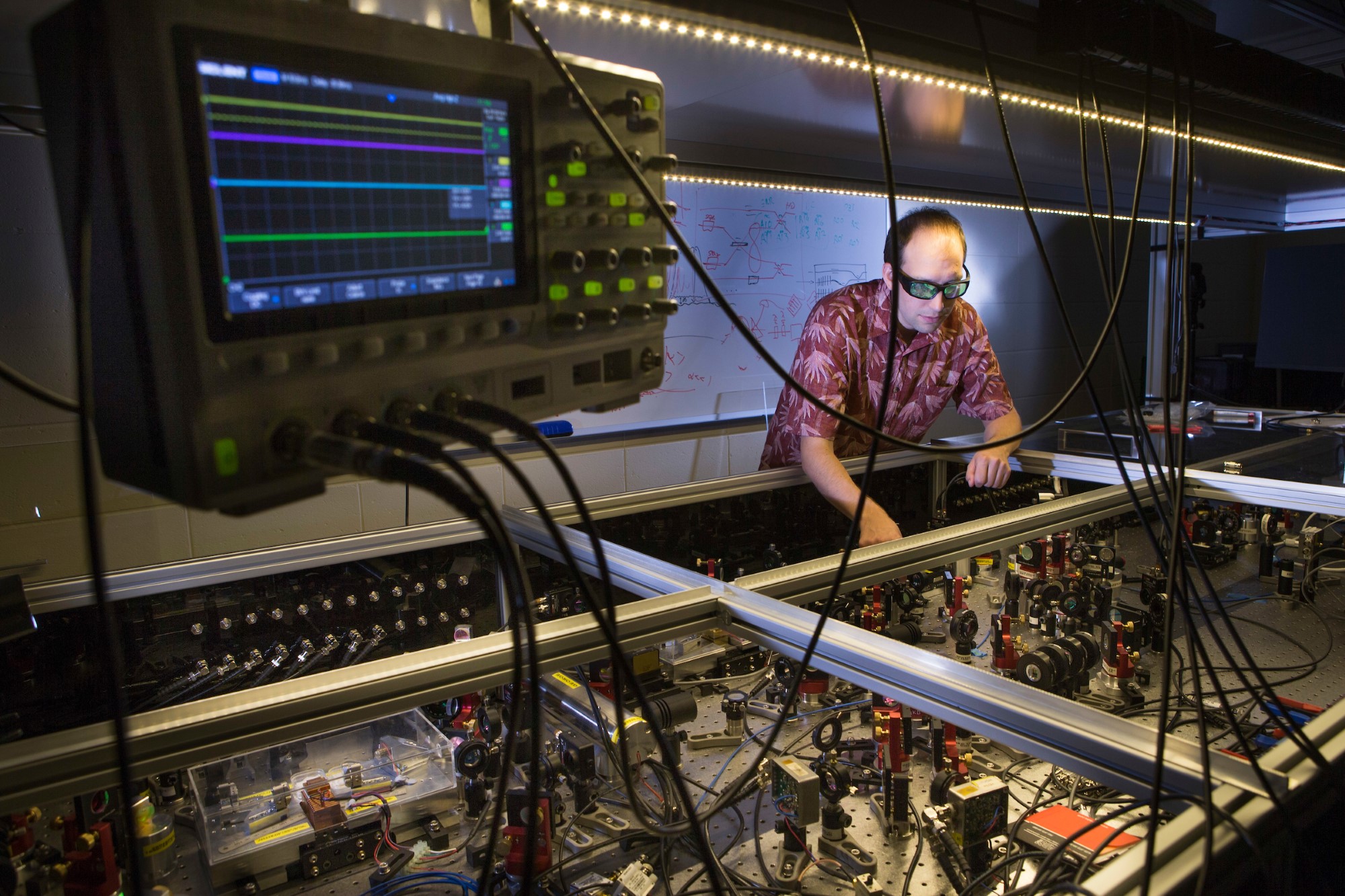
Research projects
Discover the forefront of astronomy and astrophysics through our projects, ranging from deep-space communication systems to groundbreaking adaptive optics. Explore our diverse, ongoing research initiatives shaping the future of space science.
Displaying 1 - 15 of 15 project(s).
In this project we will use data-driven methods to obtain a large abundance census of dwarf galaxies using low-quality data previously not tapped into, to learn how galaxy properties connect to abundance distributions.
Student intake
Open for PhD students
People
- Dr Claudia Reyes, Supervisor
- Professor Melissa Ness, Supervisor
In this project we will use data-driven methods to obtain a large abundance census of dwarf galaxies using low-quality data previously not tapped into, to learn how galaxy properties connect to abundance distributions.
Student intake
Open for PhD students
People
- Dr Claudia Reyes, Supervisor
- Professor Melissa Ness, Supervisor
The Gaia mission has revolutionised our understanding of the Milky Way halo, but the biggest discoveries, which rely on individual abundances, are yet to be made.
Student intake
Open for PhD students
Observatory
People
- Dr Claudia Reyes, Supervisor
- Professor Melissa Ness, Supervisor
The Gaia mission has revolutionised our understanding of the Milky Way halo, but the biggest discoveries, which rely on individual abundances, are yet to be made.
Student intake
Open for PhD students
Observatory
People
- Dr Claudia Reyes, Supervisor
- Professor Melissa Ness, Supervisor
The kinematics and morphology of typically massive disk galaxies has changed dramatically over the last ~9 Gyrs.
Theme
- Structure and evolution of the Cosmos
Student intake
Open for Honours, PhD students
Observatory
People
- Associate Professor Emily Wisnioski, Supervisor
To investigate the role of mergers with smaller galaxies in shaping our Milky Way by using the data from stellar surveys and cosmological simulations of the NIHAO suite to identify stellar remnants of galaxies that merged with the Milky Way and explain their role in building the main components of the Milky Way.
Theme
- Galactic archaeology
- Structure and evolution of the Cosmos
This project will deliver a benchmark sample of stellar abundances for galactic archaeology for hundreds of thousands of stars.
Student intake
Open for PhD students
Observatory
People
- Dr Claudia Reyes, Supervisor
- Professor Melissa Ness, Supervisor
This project will deliver a benchmark sample of stellar abundances for galactic archaeology for hundreds of thousands of stars.
Student intake
Open for PhD students
Observatory
People
- Dr Claudia Reyes, Supervisor
- Professor Melissa Ness, Supervisor
This research project employs the WiFeS spectrograph on the ANU 2.3m telescope at Siding Spring to measure nebular chemical abundances in isolated gas-rich dwarf galaxies in the Local Volume.
Theme
- Structure and evolution of the Cosmos
This research project employs the WiFeS spectrograph on the ANU 2.3m telescope at Siding Spring to measure nebular chemical abundances in isolated gas-rich dwarf galaxies in the Local Volume.
Theme
- Structure and evolution of the Cosmos
We have recently demonstrated a novel technique to recover sub-dwarf M stars from the combination of VISTA infra-red and SkyMapper photometry.
Theme
- Galactic archaeology
We aim to build an innovative framework to leverage future 21-cm experiments to observe cosmic dawn, and to forecast the optimal constraints on dark matter.
Theme
- Structure and evolution of the Cosmos
This project delves deep into understanding how stars create elements, contributing to unraveling the mysteries surrounding the origins of elements by extracting and tracing the element compositions of millions of stars using cutting-edge spectroscopic surveys.
Theme
- Galactic archaeology
- Structure and evolution of the Cosmos
Supermassive black holes in the early Universe are more massive than we can presently explain. We aim to construct their demographics and reveal their origin.
Theme
- Black hole phenomena
- Structure and evolution of the Cosmos
Student intake
Open for Honours, PhD students
Observatory
People
- Associate Professor Christian Wolf, Supervisor
The focus of this PhD research is the study of the early evolution of life using abundances of chemical elements in different life forms and their environments, at different temporal and spatial scales.
Theme
- Stellar and planetary astronomy
